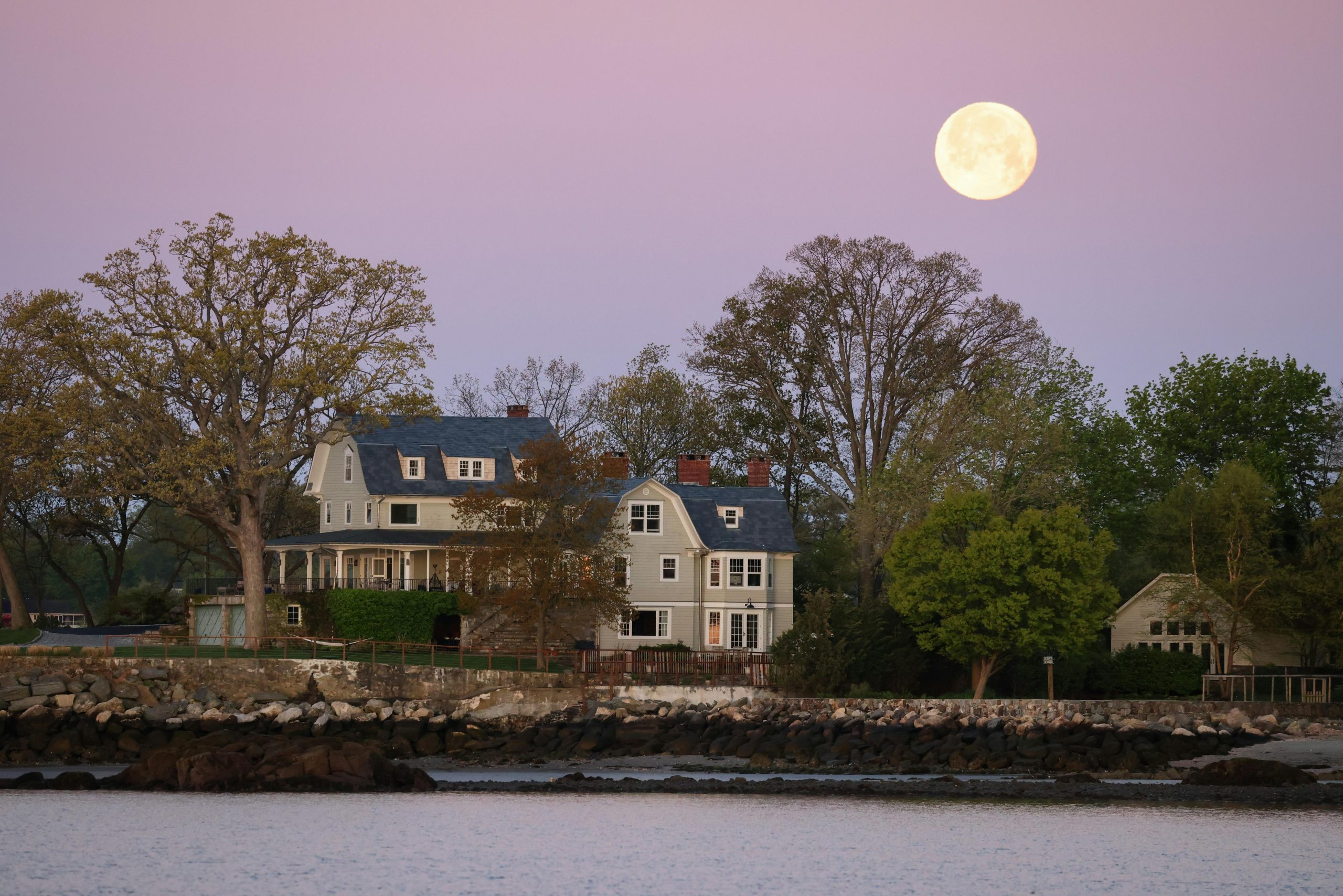The Impact of Mansion Taxes on Luxury Real Estate
Luxury real estate has become a popular investment for wealthy individuals looking for a safe haven for their money. With the rising demand for luxurious properties, prices have reached record highs in cities like New York, Los Angeles, and London. However, the introduction of mansion taxes is impacting the luxury real estate market in a significant way. In this article, we will explore the impact of mansion taxes on luxury real estate and how it is changing the landscape of this lucrative industry.
The Rise of Mansion Taxes
In recent years, many governments around the world have introduced mansion taxes as a way to generate additional revenue from high-end properties. These taxes are usually imposed on homes that exceed a certain value and are intended to target the ultra-wealthy homeowners. The idea behind mansion taxes is to reduce inequality and redistribute wealth by taxing those who can afford to pay more.
The Impact on Luxury Real Estate Prices
The introduction of mansion taxes has had a direct impact on luxury real estate prices. With the additional tax burden, homeowners are often forced to increase the selling price of their properties to cover the cost. This has led to a slowdown in the luxury real estate market, as potential buyers are deterred by the inflated prices. As a result, the demand for luxury properties has decreased, leading to a decrease in prices.
Changes in Buyer’s Preferences
Buyers in the luxury real estate market are now more price-sensitive than ever before. With the added cost of mansion taxes, buyers are looking for more affordable alternatives. This has shifted the market towards mid-range and more affordable luxury properties instead of ultra-high-end mansions. As a result, developers are now focusing on building properties that are slightly below the threshold for mansion taxes to attract a wider range of buyers.
The Emergence of New Luxury Markets
Another impact of mansion taxes on luxury real estate is the emergence of new markets. As prices in traditional luxury markets like New York and London become less attractive due to the added taxes, investors are looking at other cities to invest their money. This has led to the rise of luxury real estate markets in cities like Miami, Dubai, and Singapore, which offer more favorable tax structures for wealthy buyers.
The Incentive for Alternative Investments
Mansion taxes have also created an incentive for wealthy individuals to look for alternative investments outside of luxury real estate. Many are now turning to private equity, hedge funds, and other investment vehicles to avoid the high taxes on luxury properties. This has made it more challenging for developers to secure funding for luxury real estate projects and has slowed down the growth of the industry.
The Bottom Line
It is clear that the introduction of mansion taxes has had a significant impact on the luxury real estate market. While it may have some benefits in terms of reducing inequality, it has also led to a decrease in prices and demand for high-end properties. This has forced developers and investors to think outside the box and explore new markets and investment options. Only time will tell how these changes will shape the future of the luxury real estate industry.









